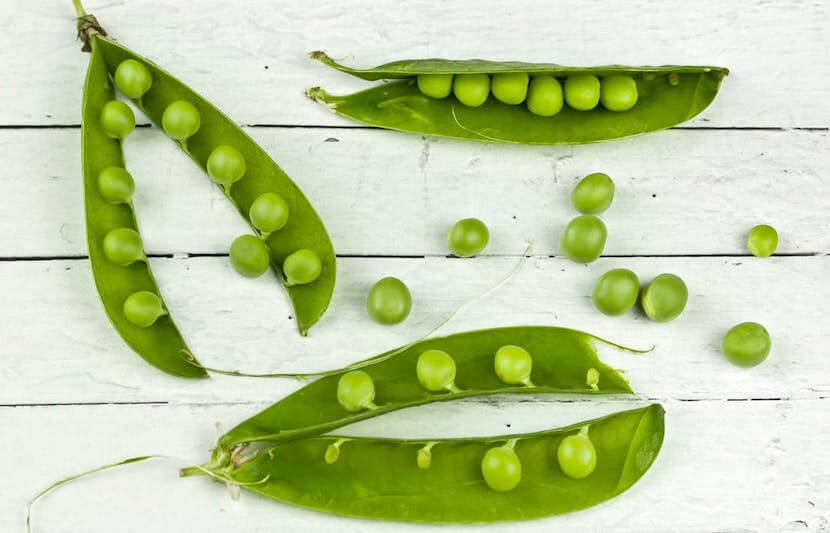Current crop yields could provide enough nutritious food for the projected 2050 global population — a whopping 9.7 billion people — but only if we make significant changes to our diet, a new study suggests.
Otherwise, crop yields will have to increase by 119 percent in the next 30 years.
Researchers from Lancaster University, England, have analyzed global and regional food supplies to asses the flow of calories, protein and vital micronutrients from production to human consumption.
In addition to analyzing the flow of all human-edible and non-human-edible food calories, the researchers tracked protein, vitamin A, iron and zinc since deficiencies of these nutrients cause “hidden hunger.”
They found conclusive evidence that current food production is sufficient enough to support a growing population, but consumption behaviors pose a serious threat to the future.
The study is published in the journal Elementa, Science of the Anthropocene.
Gathering data
Motivated by global change, the researchers combined data from the UN Food and Agriculture Organization (FAO) with food nutrient data and information on animal grazing and human nutritional need.
“Agriculture has a huge impact on the environment, for example by reducing biodiversity and by producing air and water pollutants, and we want to better understand how these impacts can be reduced,” said Nick Hewitt, a professor in the university’s Lancaster Environment Centre.
In their analysis, the researchers found that without any improvements in crop yield, current crop production is sufficient enough to provide healthy food for the predicted future population, but only if people start to change their diets.
Most importantly, the researchers say that two fundamental changes will have to happen: most meat and dairy will need to be replaced with plant-based alternatives, and people will have to be more willing to eat crops, such as maize (corn), that are currently fed to animals.
Reducing meat and dairy
In their paper, the researchers acknowledge that meat and dairy, particularly when grass, pasture and cereal crop residues are used as feed for livestock, are important to people who cannot access diverse food types or dietary supplements.
However, they concluded that industrialized meat and dairy production is largely inefficient.
The analysis found that 30 percent of all human-edible crop calories grown are fed to animals (such as maize), but that only about a third of these calories are returned to the human food chain in the form of meat and dairy.
The researchers found no nutritional case for feeding these crops to animals, and instead, concluded that it would be far more beneficial for humans to consume those crops.
“If global society continues on its current trajectory with respect to food consumption, especially its consumption of meat, crop production will have to more than double in the next 30 years,” said Hewitt.
He explained that the current response to this problem is to focus on food waste, but the researchers found that this is a quantitatively less significant factor.
“The current response to this is by focusing on food waste (which is important but itself is not sufficient) and on increasing crop yields through biotechnology (which again may be important – but future increases in yields are uncertain and may not be sustainable,” said Hewitt.
“So it is very difficult to see how the growing population can deal with global food security in an equitable and sustainable manner without making radical dietary and other changes.”
Utilizing human-edible food
The researchers also found that a large portion of human-edible food is inefficiently used on biofuel production.
While biofuel might sound environmentally attractive, the researchers concluded that 14 percent of all human-edible crop calories grown are used for biofuel production, a resource that provides less than one percent of global energy needs.
“Is this a good use of food?” Hewitt asked.
“I think the first step to initiate efforts toward food security is education and information … better education and information can help consumers and policy makers arrive at better personal and societal choices,” he said.
Conclusion
The researchers concluded that human food consumption is moving at a rate that is both inefficient and unnecessary.
The only way to combat this issue is to initiate food consumption change at a global level. If not, the researchers warn that environmental and societal damages will undoubtedly incur.
“I don’t know whether global society is willing or even able to make the necessary changes to food consumption behaviour,” said Hewitt.
“If not, then the consequences will be the need for more than a doubling in crop production in the next 30 years, with all the environmental and societal damages this will incur.”
Expansion of crop land will mean the destruction of natural ecosystems, and result in losses to biodiversity and a greater industrialization of the countryside, Hewitt explained.
Achieving global food security while reducing negative environmental impacts is one of the greatest challenges facing humanity, according to the researchers.
“It is self-evidently wrong for malnutrition to be so prevalent globally in an age of overabundance of food,” said Hewlitt.
But the researchers hold that achieving food security can happen, if we are willing to change our habits.



